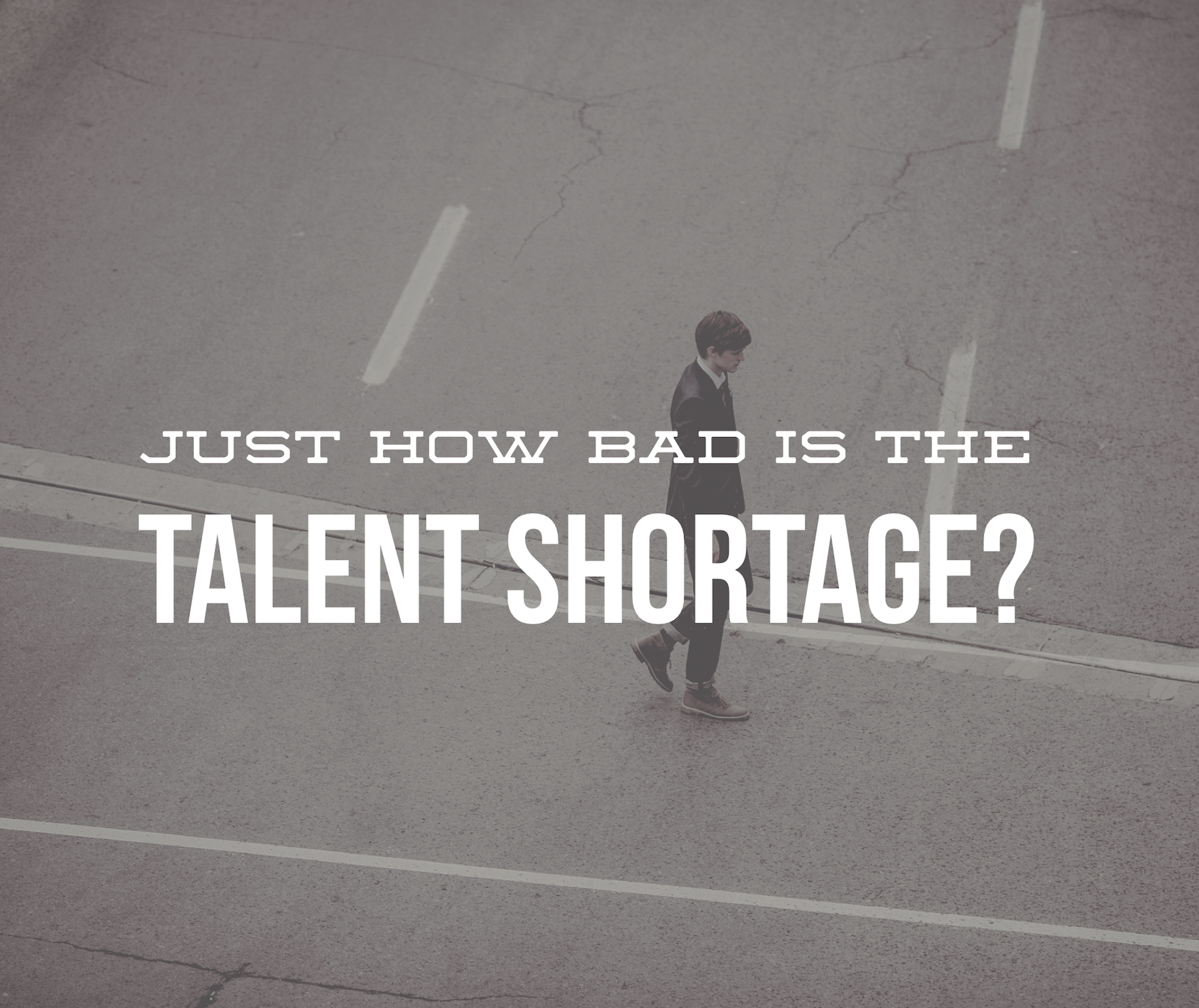One third say that their difficulty filling jobs is due to a lack of available applicants, while 19% cite a lack of required experience. Other reasons employers say they are having difficulty filling jobs include lack of candidates with technical competencies (17%), lack of soft skills (11%), looking for more pay than is offered (10%), lack of applicants willing to work in part-time/contingent roles (8%) and undesirable geographic location (2%).
As a result of the talent shortage, organizations are facing a reduced ability to serve clients, reduced competitiveness, increased turnover, higher compensation costs, lower employee engagement and reduced innovation. Despite this, 20% of organizations are not trying anything new to overcome the talent shortage.
This presents an opportunity to hire great talent for your organization. Here are a few tips:
- Revamp your job descriptions. If you’re seeing a lack of available applicants, maybe it’s you – not them. Your job description should make it clear what kind of candidate you’re looking for, without being unrealistic.
Separate out your must-haves and nice-to-haves, and paint a picture of what it would be like to work at your company. Don’t forget to include information about your company culture to make top talent want to work for you!
- Promote your employer brand. Along the same lines as the previous tip, promoting your employer brand can encourage talent to seek you out.
Share what makes your company unique via job descriptions, on your website, and on your social media channels. You should be able to see the difference in both applications and outreach response rates.
- Re-evaluate your compensation strategy. While 10% of employers said candidates are looking for more pay than was offered, only 5% are increasing starting salaries. BountyJobs 2015 Direct Hire Agency Benchmarking Report shows that salaries are increasing as a result of competition for key hires – so you may be able to win talent simply by offering a competitive salary.
- Provide training benefits. While 19% of employers cited a lack of required experience, only 4% are hiring candidates with the potential to acquire the desired skills.
If you come across a candidate who has most of the skills you’re looking for and is the right culture fit, you can benefit by providing them with on-the-job training. Alternatively, you could train existing employees to fill in the gaps.
- Consider remote workers. While only 2% of employers said an undesirable location affected their ability to fill jobs, considering remote workers could really open up your talent pool and encourage more applications.
Technology has made it easier than ever to communicate without being in the same physical location, and companies can use this to their advantage to hire great talent.
- Work with a direct hire agency. Most companies turn to agency recruiters when they have a hard-to-fill or critical job opening because they can find talent that nobody else can. Furthermore, they can help you negotiate a fair compensation so that you don’t miss out on a great hire for that reason alone.
Are you having any difficulty filling jobs? If so, what are you doing to overcome it?

.png?width=801&height=222&name=BoJo%20-%20A%20R.com%20Co%20Logo%20(1).png)
